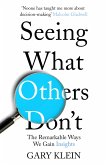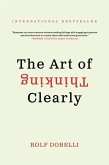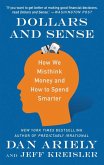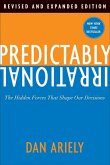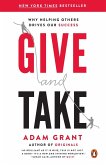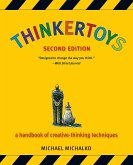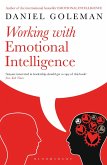Insights,like Darwin's understanding of the way evolution actually works, and Watson and Crick's breakthrough discoveries about the structure of DNA,can change the world. We also need insights into the everyday things that frustrate and confuse us so that we can more effectively solve problems and get things done. Yet we know very little about when, why, or how insights are formed,or what blocks them. In Seeing What Others Don't , renowned cognitive psychologist Gary Klein unravels the mystery.Klein is a keen observer of people in their natural settings,scientists, businesspeople, firefighters, police officers, soldiers, family members, friends, himself,and uses a marvellous variety of stories to illuminate his research into what insights are and how they happen. What, for example, enabled Harry Markopolos to put the finger on Bernie Madoff? How did Dr. Michael Gottlieb make the connections between different patients that allowed him to publish the first announcement of the AIDSepidemic? What did Admiral Yamamoto see (and what did the Americans miss) in a 1940 British attack on the Italian fleet that enabled him to develop the strategy of attack at Pearl Harbor? How did a smokejumper" see that setting another fire would save his life, while those who ignored his insight perished? How did Martin Chalfie come up with a million-dollar idea (and a Nobel Prize) for a natural flashlight that enabled researchers to look inside living organisms to watch biological processes in action?Klein also dissects impediments to insight, such as when organizations claim to value employee creativity and to encourage breakthroughs but in reality block disruptive ideas and prioritize avoidance of mistakes. Or when information technology systems are dumb by design" and block potential discoveries. Both scientifically sophisticated and fun to read, Seeing What Others Don't shows that insight is not just a eureka!" moment but a whole new way of understanding.
"No one has taught me more about the complexities and mysteries of human decision-making than Gary Klein."-Malcolm Gladwell
An insightful guide to insight. Particularly good at identifying the barriers to getting there. Indeed, Klein's book moves our understanding of insight forward by significantly adapting the story we have about it. Julian Baggini Financial Times


